News
Editorial: Toxic Fandom is Strangling Genre Filmmaking

I often sit and wonder about the things I read online, and how we got to a particular point in society. In the last few years, it seems to happen more and more that I sign on to find more articles about filmmakers, actors, casting agents, etc. bullied and harassed to the point that they decide to pull back from social media and other contact from the public in order to protect their sanity from toxic fandom.
Just in the last year, Kelly Tran, breakout star in Star Wars: The Last Jedi and a constant and positive ray of sunshine to her fans, withdrew from social media after repeated and constant racist and threatening attacks because a certain demographic of “franchise fans” were livid with the film.
Those same fans started a petition to completely remake the film in order to “save the franchise” from what had been done to it by The Last Jedi. Now, take a step back and think on what it means for a “fan” to feel that they’re owed a completely new film because the one that was released was not made and did not go in the direction that they thought it should.
More recently, we’ve seen the backlash against Ruby Rose after her casting as Batwoman in the CW’s popular Arrowverse because people thought she was neither Jewish enough nor Lesbian enough to be cast in the role. Rose, who came out at the age of 12 and who also identifies as gender fluid decided to take a break from Twitter in order to prepare for the role without having to read the tweets of hundreds of people telling her she couldn’t do it.
As a side note, how is that even a question? How much lesbian does one have to be in order to be considered lesbian enough? Have you ever heard anything so ridiculous?
And lest you think that this only happens in the world of comic book and fantasy/sci fi films, I encourage you to take a look back over comments made on our own iHorror Facebook page every single day with regards to various films and the actors in them.
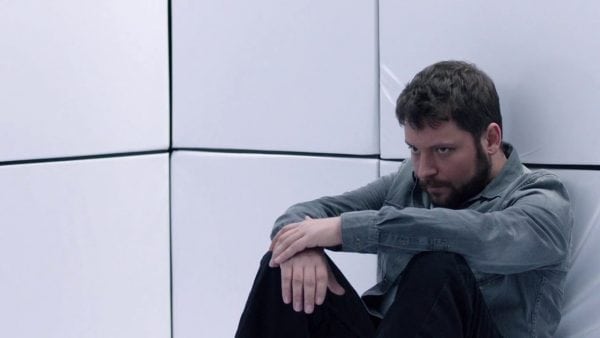
“Fans” of the Chucky franchise had plenty to say about Cult of Chucky. The negativity would be ridiculous if it wasn’t so worrisome.
It generally starts out innocently enough (though not always) with a comment about how someone doesn’t agree with the casting of a film or that they’re remaking an older film, but then you can sit back and watch as that little seed of a comment begins to sprout.
Someone agrees with them, so they come back with something stronger and a little nastier. Then someone else ups the ante with another far more negative statement and before long, the entire thread has bloomed into something poisonous that threatens to take over the entire feed.
How many times have we seen people online rage about how they want something new and different from horror filmmakers only to then watch those same people take a steaming crap on every attempt by filmmakers to do so?
How many times have we witnessed online conversations by supposed fans of the genre in which they basically say that they want something new…that’s exactly like what they watched when they were kids…but not a remake…but nothing different…but something new?
And furthermore, how many times have we seen those conversations and comments become something incoherent and rage-fueled in its vehemence? How long does it take before someone begins to threaten someone else who disagrees with them? How long will it be before we see people actually acting on that rage and those threats?
But where does this come from? Where does this feeling of “I like something so I should be able to dictate how it’s made and who makes it and who stars in it” begin?
In a blog posted earlier this year, Aaron Cooper sought to dig into this issue in a blog titled “Us vs. Them: Toxic Fandom and the Cult of Identity” and he hit on a major point that resonates with me when I see these interactions online.
In the post, he begins by pointing out that these kind of reactions are nothing new, really. One only has to go back and look at the reactions of readers when Sir Arthur Conan Doyle decided to kill Sherlock Holmes in the 1890s because he had grown tired of writing the same character over and over again.
What did those fans do?
They wrote letters. They made threats, and some of those intrepid souls began to write their own Holmes stories.
Sound familiar?
Still, Cooper points out that this problem has grown, especially in the digital age, and he lays the blame, at least in part, on identity marketing.
For those unfamiliar, identity marketing at its core encourages a feeling of entitlement by belonging to a specific group or fandom by convincing those members that no one else “gets them” but it’s because those outsiders are not actually worthy of being a part of the group anyway.
“Mentally subscribing to a fandom is a means of to showboat legitimacy,” Cooper says. “In the past, fandoms were mostly exclusive to a small set of people. It’s not only safer to express your love of something unpopular in the mainstream while in small numbers, but it’s simply more appealing. After all, if everyone loved Neon Genesis: Evangelion, it wouldn’t feel as cool right? This also lends to the idea of social status. Unfortunately, social status feeds narcissism.”
So, case in point. I, myself, am a huge fan of the Halloween franchise. Seriously, I love those movies so much and I can spend hours giving a lecture on why Michael Myers is the biggest badass among other franchise villains.
Then Rob Zombie comes along and remakes it, and in the process, completely throws out what I consider to be the scariest point of the film franchise. Michael Myers was scary because, until the point that he killed his sister, so far as we know, he had never shown any signs of violence.
He was a little kid from a good suburban home with no seeming motivation and then one day he just snapped. This, to me and countless other fans, is terrifying because it could be any kid who lives down the street from me!
Zombie’s film supplied Michael with an abusive background, a history of hurting small animals, and a serious temper thus eliminating the thing that set Michael apart from the rest and I was livid. I must have bored most of my friends to tears with explanations of why the film sucked and why it should never have happened.
However, in all of that, I never once felt the need to threaten Rob Zombie or his family. I never got online and wrote nasty messages to the film’s stars telling them to die or quit acting or making racially or gender-motivated comments about them, and there is the line, readers.
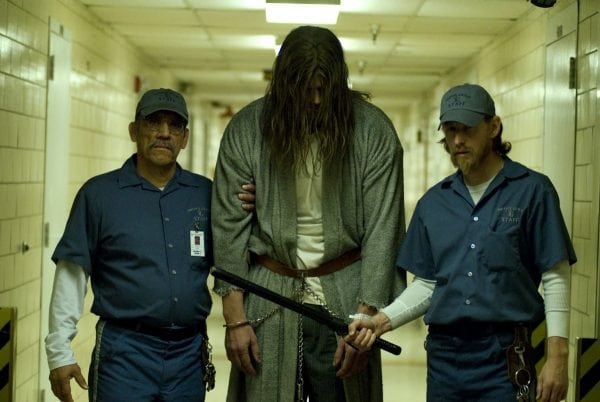
Rob Zombie’s Halloween
Repeat after me:
Everyone has a right to their feelings, thoughts, and opinions, but you do not have the right to use those opinions as fuel to make threats against other fans or the creative team or the actors (who are just doing their job, by the way) because something does not fit into the mold that you feel it should. And you certainly don’t have the right to make good on those threats.
The concept of identity marketing and the ensuing narcissistic behavior continues to be fueled by an “us vs. them” dynamic and even more strangely, we’ve even begun to see an inversion to the previous examples.
How many times online have you read, “Oh you liked that movie? Well, as a real horror fan, I can tell you it sucked” or “If you were a real horror fan, you’d think was just as terrible as I did and the person that made it should be shot”?
Okay, that last part was a little extreme but I’ve seen similar comments with my own eyes.
Obviously, in these examples, the toxic portions of our fandom are now manipulating the rules to be a part of the club. It’s not enough that you like horror movies. Now you have to like a particular list of films in order to be a real fan.
This adds yet another layer of exclusivity to a genre that is already clearly relegated to the outskirts of “legitimate” filmmaking, but that’s okay because those other people just don’t get it, right?
Wrong.
This toxic attitude serves no one and nothing in the genre. It is pushing away new horror fans and has given rise to what I have personally termed “horror hipsters”, i.e. those people who are prepared to hate anything that the public at large enjoys.
Additionally, it is creating a hostile environment for writers, directors, and actors within the genre. Would you honestly want to spend countless days, weeks, months, or even years creating something that you knew the fandom would tear apart even if you tailor made it to their specifications?
And that, readers, is when we see the genre begin to atrophy. You can blame reboots, remakes, Twilight fans, or whoever you want, but toxic fandom will be the hill on which this genre breathes its last breath.
So what do we do? How do we stem the tide of this toxic environment?
I’m not certain there is a clear answer to this. Certainly, we can start taking stock of and tempering our own reactions, but I think this goes beyond that.
The toxicity of these fandoms is nourished by the anonymity of online communication where one can drop a nasty, hate-filled comment on one subject and then jump over to the next with zero thought in between.
The only way to break this cycle is by elevating the level of that communication, and I fear that mountain is a long and difficult one to climb. Still, we must, and we must do it in our own forums.
Death threats to a filmmaker or actor are not a normal reaction to not liking a film.
Threats of violence against someone who doesn’t agree with you about a film (or anything else for that matter) is not a normal reaction.
Just because you like or love a franchise, film, etc. does not mean you own it, nor does it mean that the filmmakers of future iterations must follow your rules and story lines, especially when the fandom can’t even agree on what those rules should be. This is even more true when the person making those films is the original creator. It can’t be “outside of canon” if the person making it created the canon.
Our silence is our undoing; if we don’t step in where we see these things happen, we are guilty by association.
Listen to the 'Eye On Horror Podcast'
News
Brad Dourif Says He’s Retiring Except For One Important Role
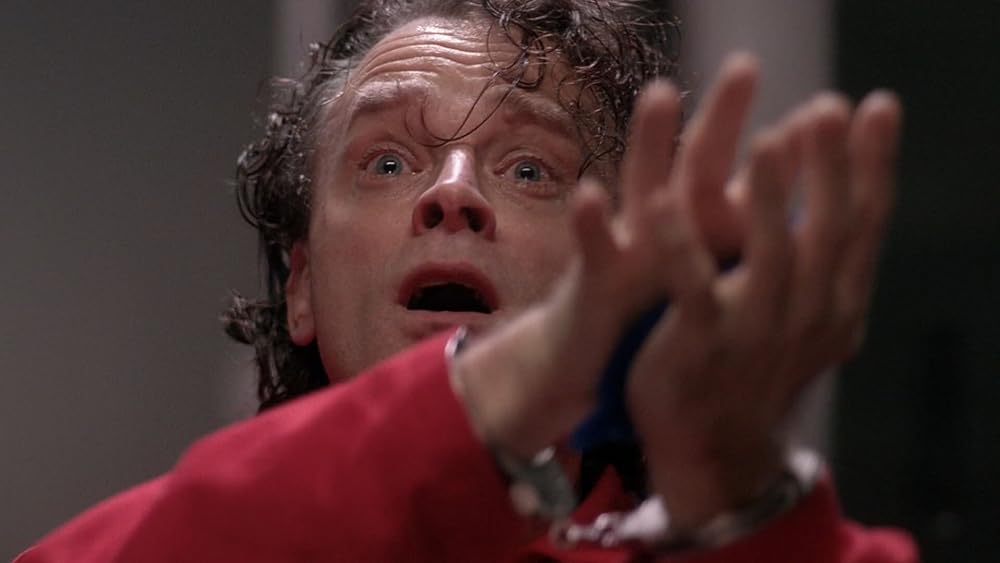
Brad Dourif has been doing movies for nearly 50 years. Now it seems he is walking away from the industry at 74 to enjoy his golden years. Except, there is a caveat.
Recently, digital entertainment publication JoBlo’s Tyler Nichols talked to some of the Chucky television series cast members. During the interview, Dourif made an announcement.
“Dourif said that he’s retired from acting,” says Nichols. “The only reason he came back for the show was because of his daughter Fiona and he considers Chucky creator Don Mancini to be family. But for non-Chucky stuff, he considers himself retired.”
Dourif has voiced the possessed doll since 1988 (minus the 2019 reboot). The original movie “Child’s Play” has become such a cult classic it’s at the top of some people’s best chillers of all time. Chucky himself is ingrained in pop culture history much like Frankenstein or Jason Voorhees.
While Dourif may be known for his famous voiceover, he is also an Oscar-nominated actor for his part in One Flew Over the Cuckoo’s Nest. Another famous horror role is The Gemini Killer in William Peter Blatty’s Exorcist III. And who can forget Betazoid Lon Suder in Star Trek: Voyager?
The good news is that Don Mancini is already pitching a concept for season four of Chucky which might also include a feature-length movie with a series tie-in. So, Although Dourif says he is retiring from the industry, ironically he is Chucky’s friend till the end.
Listen to the 'Eye On Horror Podcast'
Editorial
7 Great ‘Scream’ Fan Films & Shorts Worth a Watch
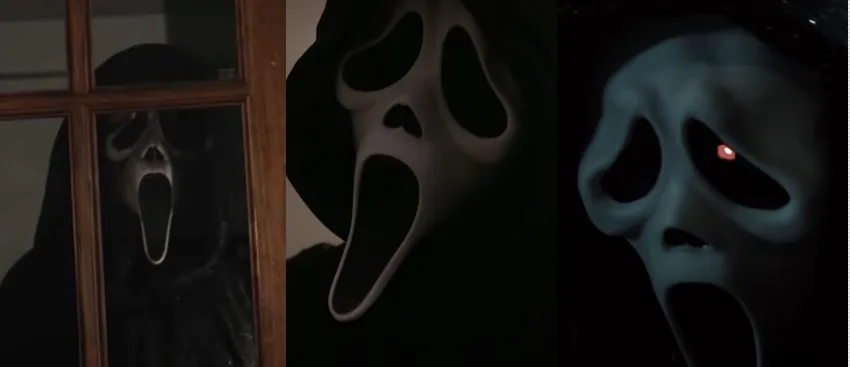
The Scream franchise is such an iconic series, that many budding filmmakers take inspiration from it and make their own sequels or, at least, build upon the original universe created by screenwriter Kevin Williamson. YouTube is the perfect medium to showcase these talents (and budgets) with fan-made homages with their own personal twists.
The great thing about Ghostface is that he can appear anywhere, in any town, he just needs the signature mask, knife, and unhinged motive. Thanks to Fair Use laws it’s possible to expand upon Wes Craven’s creation by simply getting a group of young adults together and killing them off one by one. Oh, and don’t forget the twist. You’ll notice that Roger Jackson’s famous Ghostface voice is uncanny valley, but you get the gist.
We have gathered five fan films/shorts related to Scream that we thought were pretty good. Although they can’t possibly match the beats of a $33 million blockbuster, they get by on what they have. But who needs money? If you’re talented and motivated anything is possible as proven by these filmmakers who are well on their way to the big leagues.
Take a look at the below films and let us know what you think. And while you’re at it, leave these young filmmakers a thumbs up, or leave them a comment to encourage them to create more films. Besides, where else are you going to see Ghostface vs. a Katana all set to a hip-hop soundtrack?
Scream Live (2023)
Ghostface (2021)
Ghost Face (2023)
Don’t Scream (2022)
Scream: A Fan Film (2023)
The Scream (2023)
A Scream Fan Film (2023)
Listen to the 'Eye On Horror Podcast'
Movies
Another Creepy Spider Movie Hits Shudder This Month
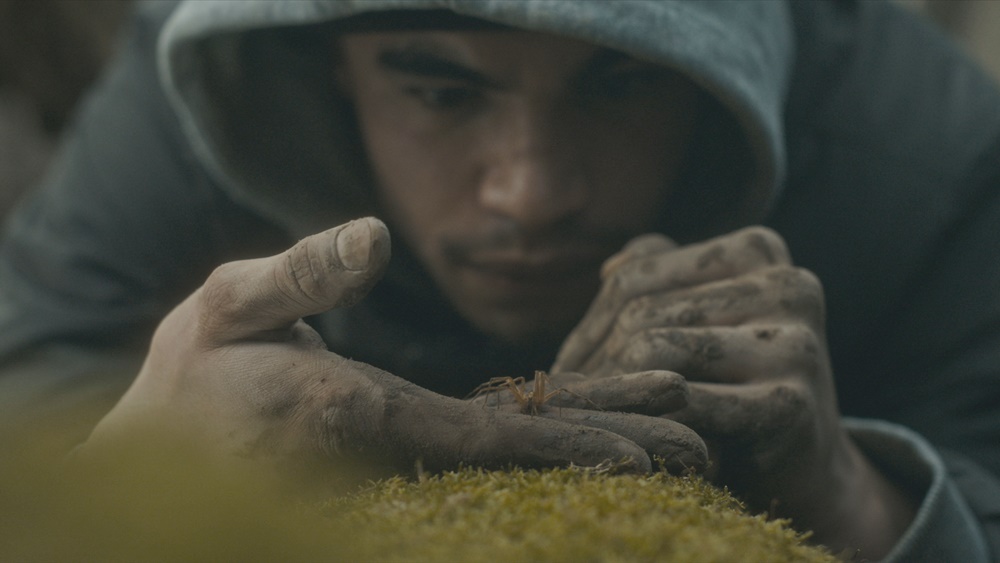
Good spider films are a theme this year. First, we had Sting and then there was Infested. The former is still in theaters and the latter is coming to Shudder starting April 26.
Infested has been getting some good reviews. People are saying that it’s not only a great creature feature but also a social commentary on racism in France.
According to IMDb: Writer/director Sébastien Vanicek was looking for ideas around the discrimination faced by black and Arab-looking people in France, and that led him to spiders, which are rarely welcome in homes; whenever they’re spotted, they’re swatted. As everyone in the story (people and spiders) is treated like vermin by society, the title came to him naturally.
Shudder has become the gold standard for streaming horror content. Since 2016, the service has been offering fans an expansive library of genre movies. in 2017, they began to stream exclusive content.
Since then Shudder has become a powerhouse in the film festival circuit, buying distribution rights to movies, or just producing some of their own. Just like Netflix, they give a film a short theatrical run before adding it to their library exclusively for subscribers.
Late Night With the Devil is a great example. It was released theatrically on March 22 and will begin streaming on the platform starting April 19.
While not getting the same buzz as Late Night, Infested is a festival favorite and many have said if you suffer from arachnophobia, you might want to take heed before watching it.
According to the synopsis, our main character, Kalib is turning 30 and dealing with some family issues. “He’s fighting with his sister over an inheritance and has cut ties with his best friend. Fascinated by exotic animals, he finds a venomous spider in a shop and brings it back to his apartment. It only takes a moment for the spider to escape and reproduce, turning the whole building into a dreadful web trap. The only option for Kaleb and his friends is to find a way out and survive.”
The film will be available to watch on Shudder starting April 26.
Listen to the 'Eye On Horror Podcast'
-

 News4 days ago
News4 days agoThis Horror Film Just Derailed a Record Held by ‘Train to Busan’
-

 Movies4 days ago
Movies4 days agoWatch ‘Immaculate’ At Home Right Now
-

 News3 days ago
News3 days agoHome Depot’s 12-Foot Skeleton Returns with a New Friend, Plus New Life-Size Prop from Spirit Halloween
-

 News5 days ago
News5 days agoRead Reviews For ‘Abigail’ The Latest From Radio Silence
-

 News2 days ago
News2 days agoWoman Brings Corpse Into Bank To Sign Loan Papers
-

 News5 days ago
News5 days agoMelissa Barrera Says Her ‘Scream’ Contract Never Included a Third Movie
-

 Editorial5 days ago
Editorial5 days agoRob Zombie’s Directorial Debut Was Almost ‘The Crow 3’
-

 News4 days ago
News4 days agoA24 Joins Blockbuster Movie Club With Their Biggest Opening Ever



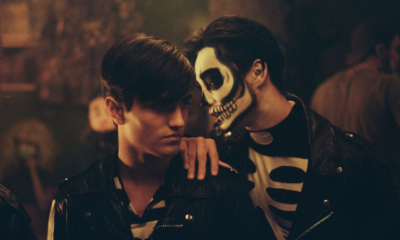


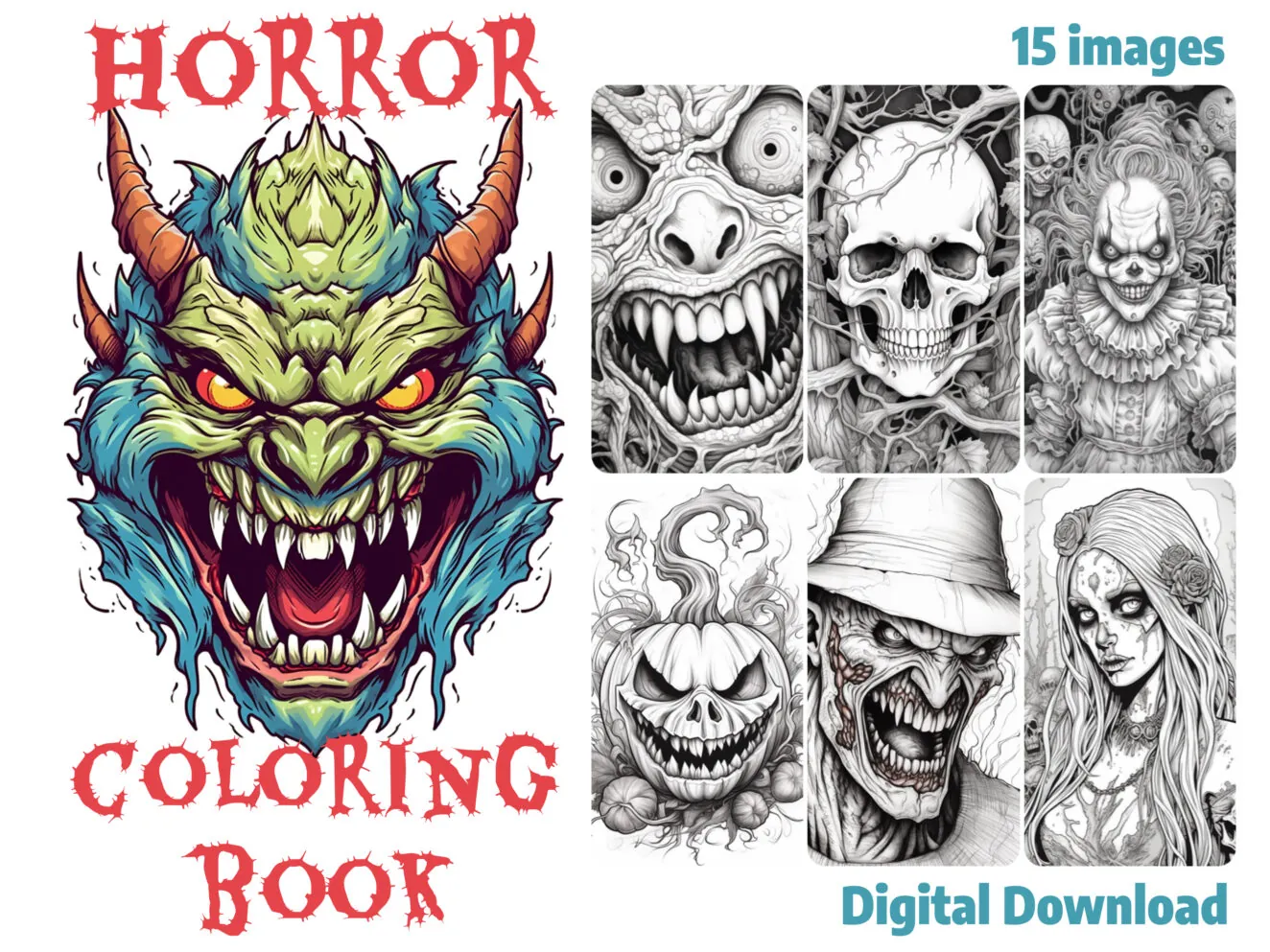
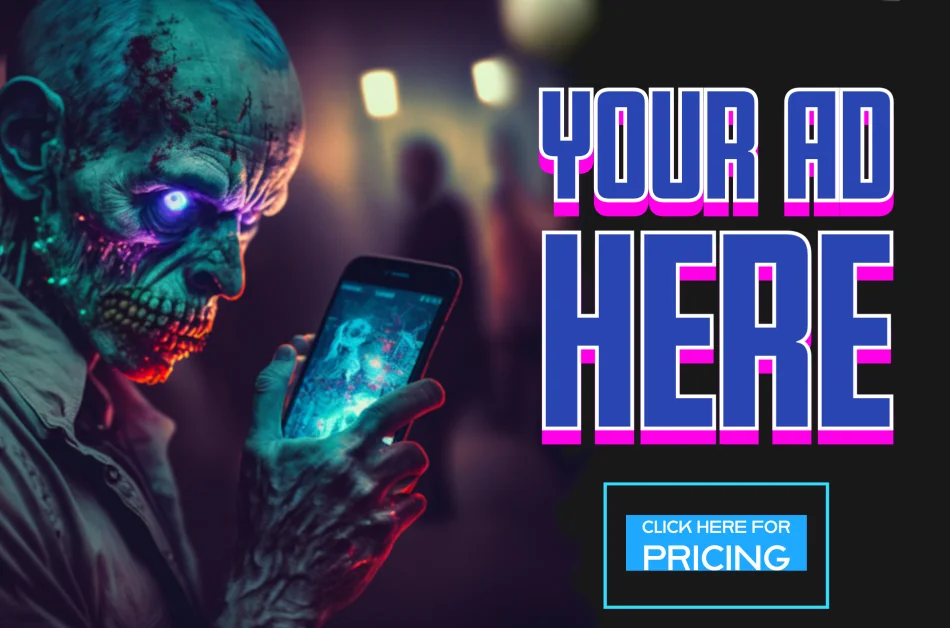



















You must be logged in to post a comment Login